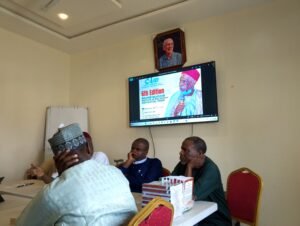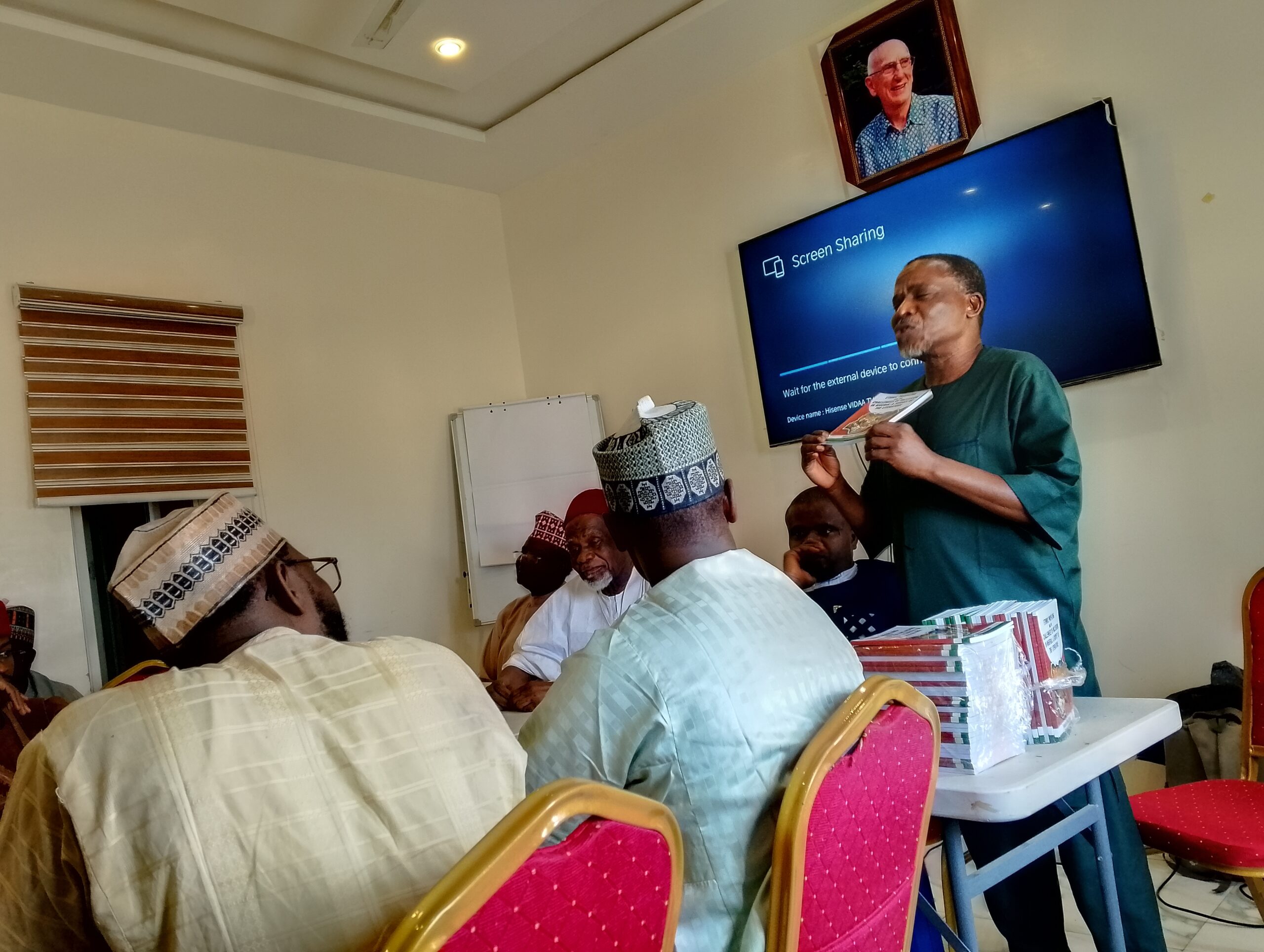The Center for Information Technology and Development (CITAD) launched a book on Thursday titled Ethnic Profiling and the Challenges of Inclusion in Nigeria: A Survey of the Literature, written by Ibrahim Muazzam.
Yunusa Zakari Yau, CITAD’s Executive Director, described the event as a three-day study session aimed at promoting critical thinking and scholarly exchange among 46 participants from various institutions in Nigeria.
“It’s a school that sharpens the critical thinking faculty of young people, particularly academics in universities, who had not had the chance to study directly under Muazzam to learn from his work and legacy.
“The book was actually written by Malam Muazzam many years ago, but not published and it’s about ethnic identities in Nigerian politics. We all know how ethnic mobilization has been in campaigns, in governance. You say that you are Yoruba, or you are Muslim, or you are Hausa, or you are Igbo, and so forth,” the ED said, highlighting the impact of identity in political dynamics.
“One of the substantive contributions Malam has made is to say that identities are social constructions; they are not natural. They are things that we inscribe to ourselves, and that understanding is very critical in the way in which we relate with it. It helps us begin to understand that rather than using it to promote hate, it can help us see that we are all the same, we are one identity in one context.”
“When you are here as a journalist, and you leave, you go home, you become a father or a husband, or something else. Nothing really sticks; nothing is permanent. Identities are just defined by the space that you occupy in a particular material context,” he added.
He emphasized the importance of fostering rigorous analysis of issues.
Yau praised Muazzam as a famous critical scholar from Bayero University, Kano, whose deep insights into political theory and philosophy have left a lasting impact on the academic community.
Speaking earlier to the audience, Muazzam Ibrahim , the Author of the book expressed gratitude that the book has finally been brought to light.
The Author hoped that the book would shift public perception away from viewing ethnic identity as permanent and instead encourage Nigerians to recognize it as a potential for unifying rather than dividing people.
Professor Ibrahim Bello Kano, a long-time student of Muazzam and a lecturer at Bayero University’s English Department, spoke about his mentor’s influence.
“He was the first person to teach me how to keep books and encouraged me to read beyond my area, introducing me to what you call inter-textual or multicultural academic culture,” he said.

He added, “The book will serve two main purposes: it will support researchers and students in their academic work, and it will also help address issues of ethnic and religious profiling, offering valuable enlightenment for the public.”


